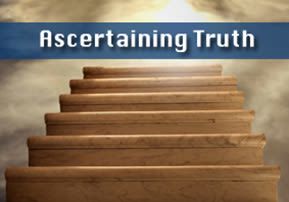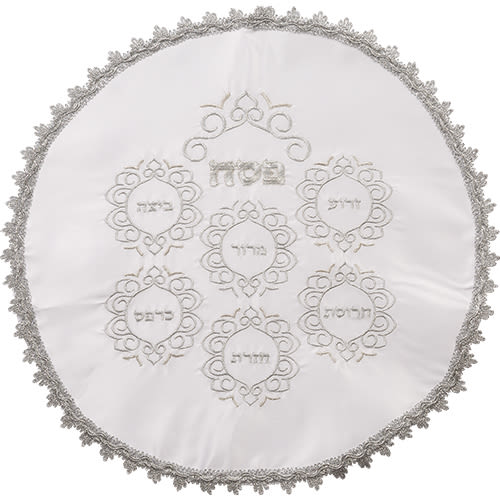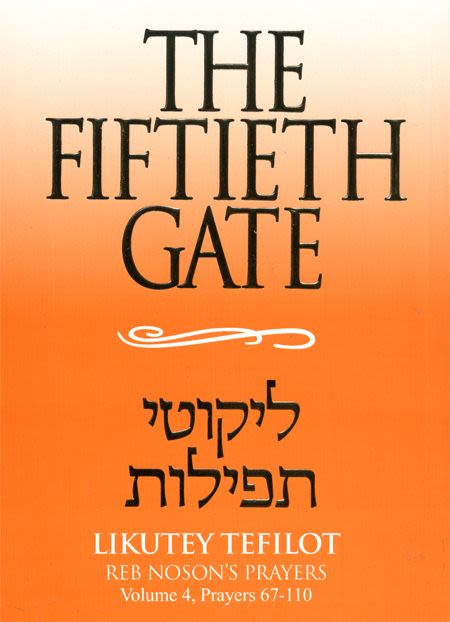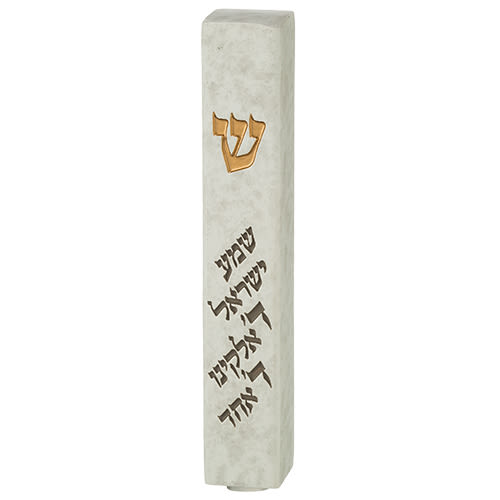
Ascertaining Truth
Once we’ve clarified the truth, we should devote at least a half an hour of our daily personal prayer to internalizing it. We must judge ourselves daily...

Translated by Rabbi Lazer Brody
In Forest Fields, Part 51
Let’s now see an example of complete truth clarification and belief in oneself. Joseph the Tzaddik had perfect clarity as to what the truth is. When he was tempted by Potipher's wife, the text reads "[he] refused". The musical sign above that phrase denotes a long note, what’s called a shalshelet, when the Torah reader sings up and down an octave three times, indicating that he refused and refused and refused! Joseph's refusal was absolute. None of the lady’s charms and threats could make him budge from the truth that she is forbidden to him. Joseph had complete faith in himself: This is what I have been taught! This is the truth! This is how I must behave!
To ascertain the absolute truth
A person generally strives to deal with a specific issue during his hitbodedut, such as overcoming a certain physical desire or bad character trait or to do teshuva for a particular transgression. His first task – even prior to requesting Hashem’s assistance in overcoming his evil inclination and attaining his goals – should be to clarify for himself what the truth of the matter in question is according to Torah. Once this truth is well-established in his mind, he’ll know how to act and what Hashem wants from him. Once he can confidently declare that "This is the truth," nothing in the world will be able to sway him in the wrong direction. This is what we define as having belief in oneself, to believe in each and every point of truth that we’ve clarified and recognized in regard to the issue at hand.
This first stage of clarifying the truth of the matter should be reinforced with a second stage of prayer. This is a daily prayer asking Hashem to help us live according to this point of truth and maintain a clear and strong conception of this truth no matter what tries to influence us otherwise. We therefore ask Hashem to help us resist all forms of temptation that try to make us deviate from the truth that we have clarified and verified for ourselves.
Caution: the evil inclination’s opposition and resistance always tries to sidetrack a person from the truth. If the Yetzer Hara never gives up, we too should never give up, always asking for Hashem assistance and never letting a day go by without an hour of personal prayer.
To learn for the sake of doing
 Let's examine a practical example: Suppose that a person has learned that he should guard his eyes – this is an absolute Torah commandment, codified in Halacha and elaborated on extensively in Chassidic and Jewish-ethicsliterature. Let’s say that the person has also heard relevant lectures teaching him that he cannot guard his eyes without closing them, and that he won’t be able to close his eyes without exhaustive prayer asking for Hashem’s assistance.
Let's examine a practical example: Suppose that a person has learned that he should guard his eyes – this is an absolute Torah commandment, codified in Halacha and elaborated on extensively in Chassidic and Jewish-ethicsliterature. Let’s say that the person has also heard relevant lectures teaching him that he cannot guard his eyes without closing them, and that he won’t be able to close his eyes without exhaustive prayer asking for Hashem’s assistance. Yet, regardless of what they learn, many people still walk the city streets with their eyes wide open. Why do they do this despite the Torah’s teachings in this regard?
Simple. They lack self composure in this area. They have yet to sift through what they’ve learned, preparing themselves to fight tenaciously for the truth that must be recognized through proper truth clarification in hitbodedut. They’ve not yet made daily self-evaluation that includes every time they’ve failed to guard their eyes. Not only that, they’ve yet to seek Hashem’s help in guarding their eyes. Without earnest daily prayers, they’re bound to transgress in this area, for they don’t yet see their failure to guard their eyes as a transgression. It’s simply not yet truth in the minds of those who haven’t clarified the truth for themselves.
Proper hitbodedut requires us to stand in front of the Creator and pray to live by what we’ve clarified for ourselves until we’ve removed all doubt from our heart.
Concluding the example at hand, one must know full heartedly that he must walk while confining his eyesight to the sidewalk immediately in front of him. He must clarify the truth in his hitbodedut until he knows that no situation allows him to look at woman outside the context of what is explicitly allowed in halacha, period.
Once we’ve clarified the truth, we should devote at least a half an hour of our daily personal prayer to internalizing it. We must judge ourselves daily – how did we behave in the last 24 hours? Where did we fail to act according to this truth that we’ve already recognized? We should also thank Hashem for helping us in the situations where we did succeed in acting according to this truth. Afterwards, we should prepare ourselves for the following day’s challenges that are likely to confront us. Hashem surely assists us when we pray in this manner. This is a template for daily personal prayer in clarifying the truth and overcoming a character flaw or bad habit.
With consistent daily effort, anyone can succeed in guarding of his eyes, which means protection from a multitude of sins, transgressions and flaws. One who guards his eyes is deemed a tzaddik; he merits complete faith, success, an abundance of material and spiritual prosperity, and miraculous Divine Providence.
Why does a person lose all this? Two reasons: first, he does not fully believe in himself that he knows the absolute truth; and second, he does not fight for it! For if he believed in himself, he would pray daily to succeed; he would be absolutely certain that this is a transgression and would be absolutely unwilling to fail once more. And when he failed, he would not ignore this failure but rather he would make self-evaluation and do teshuva and continue to pray not to fail again.
To be continued.














Tell us what you think!
Thank you for your comment!
It will be published after approval by the Editor.